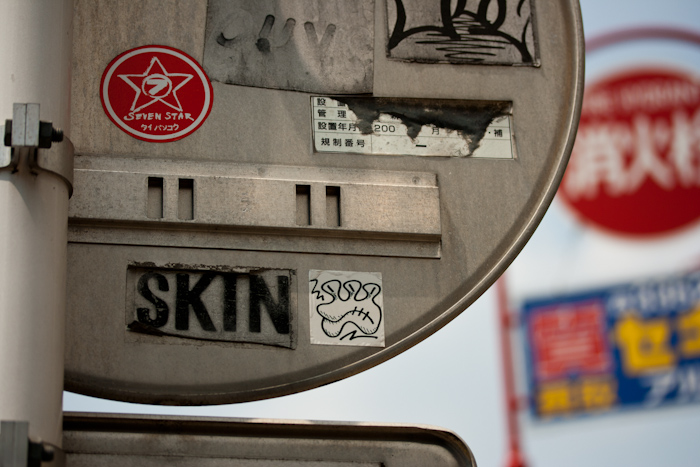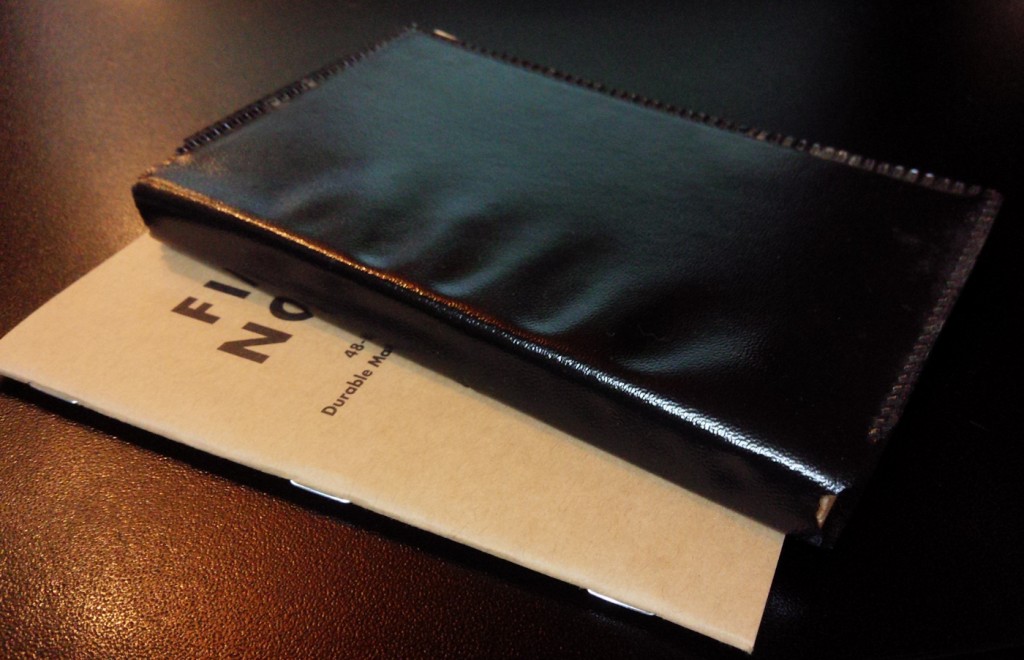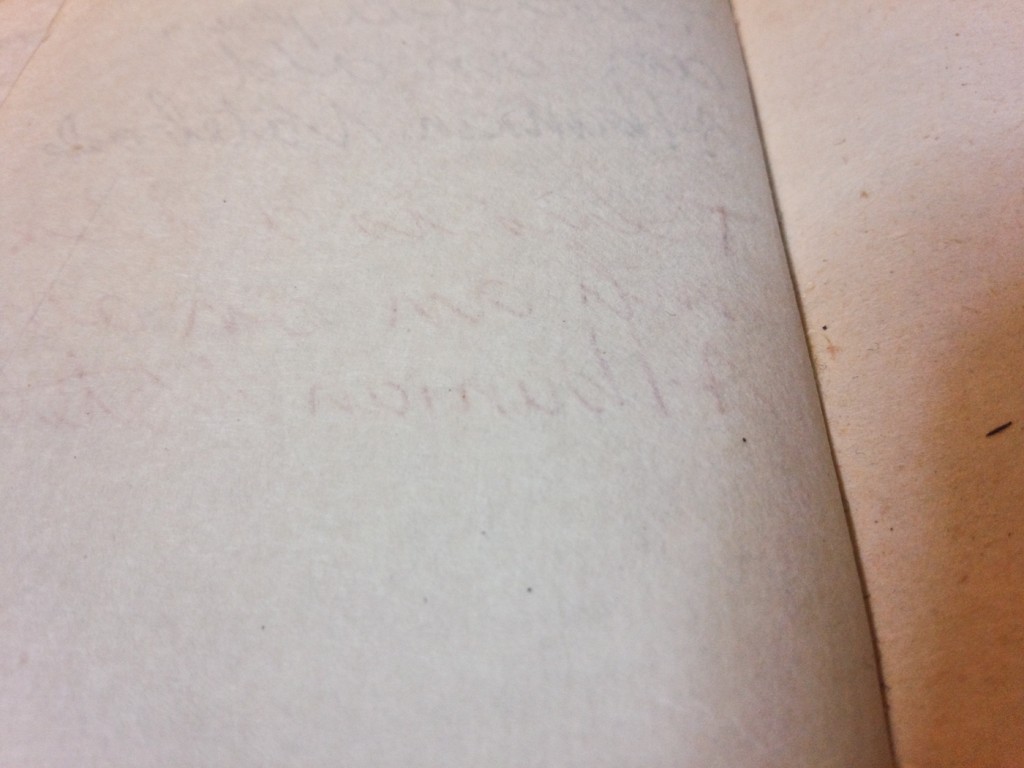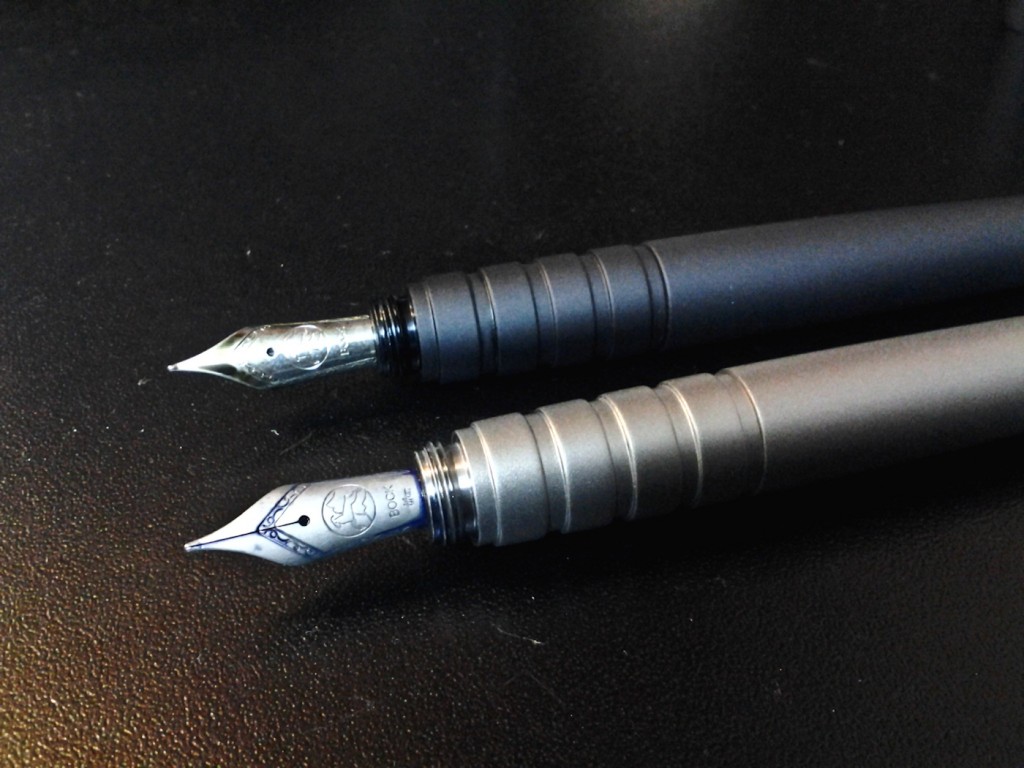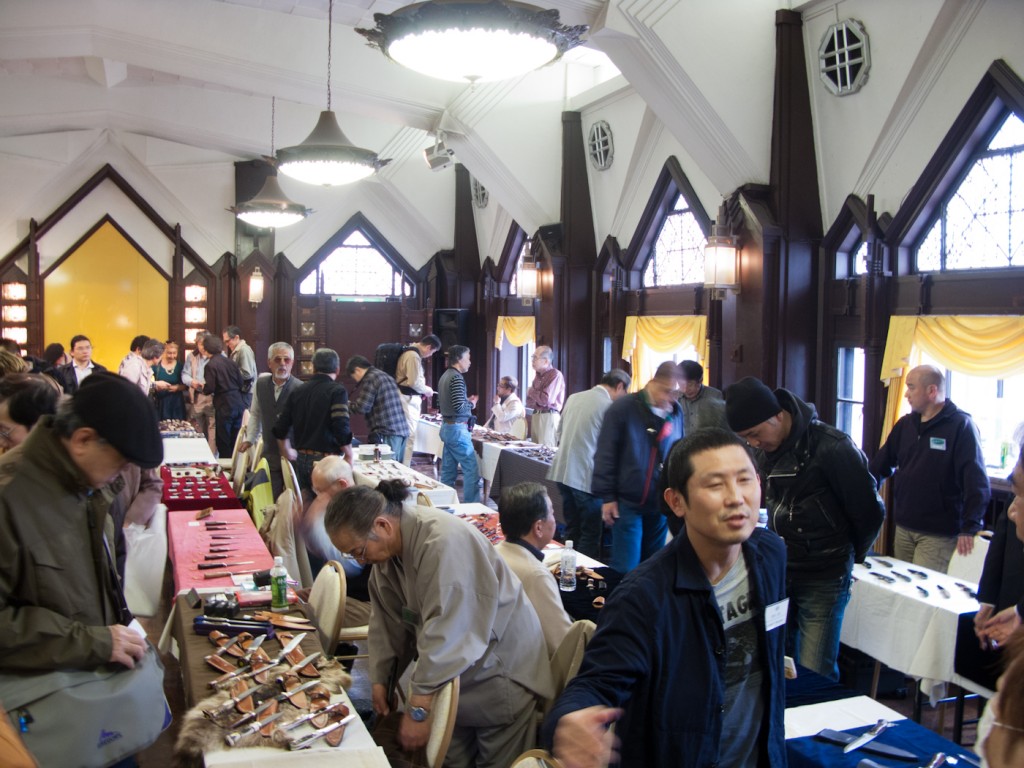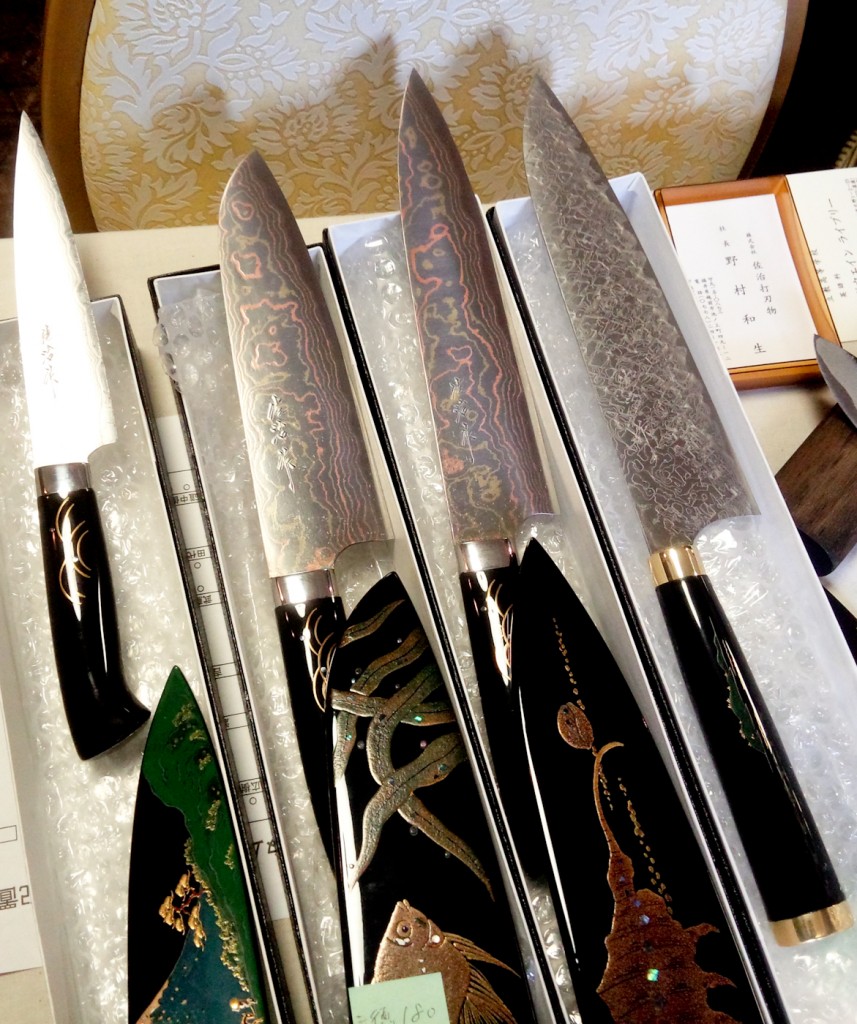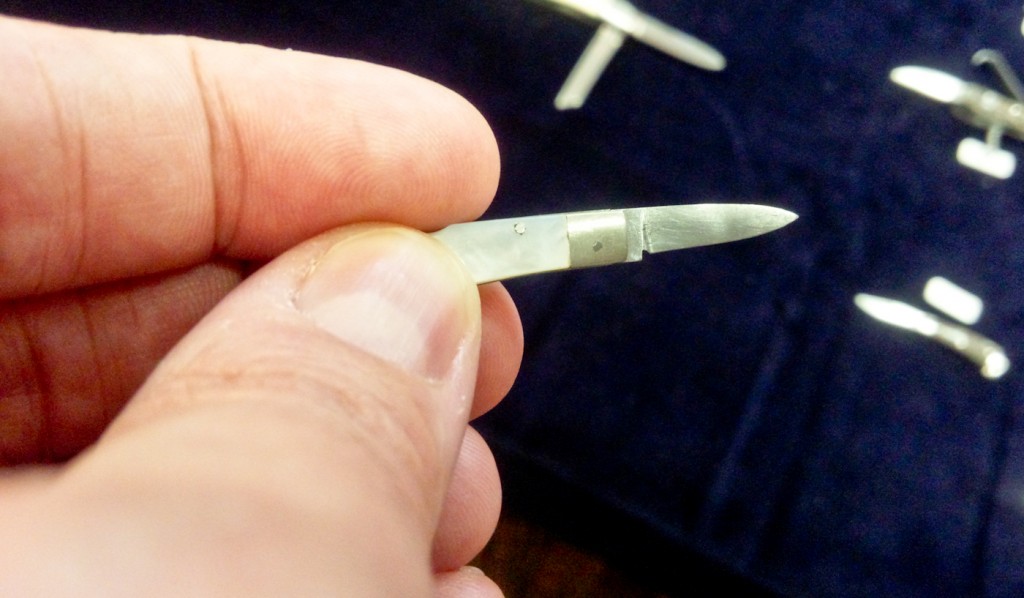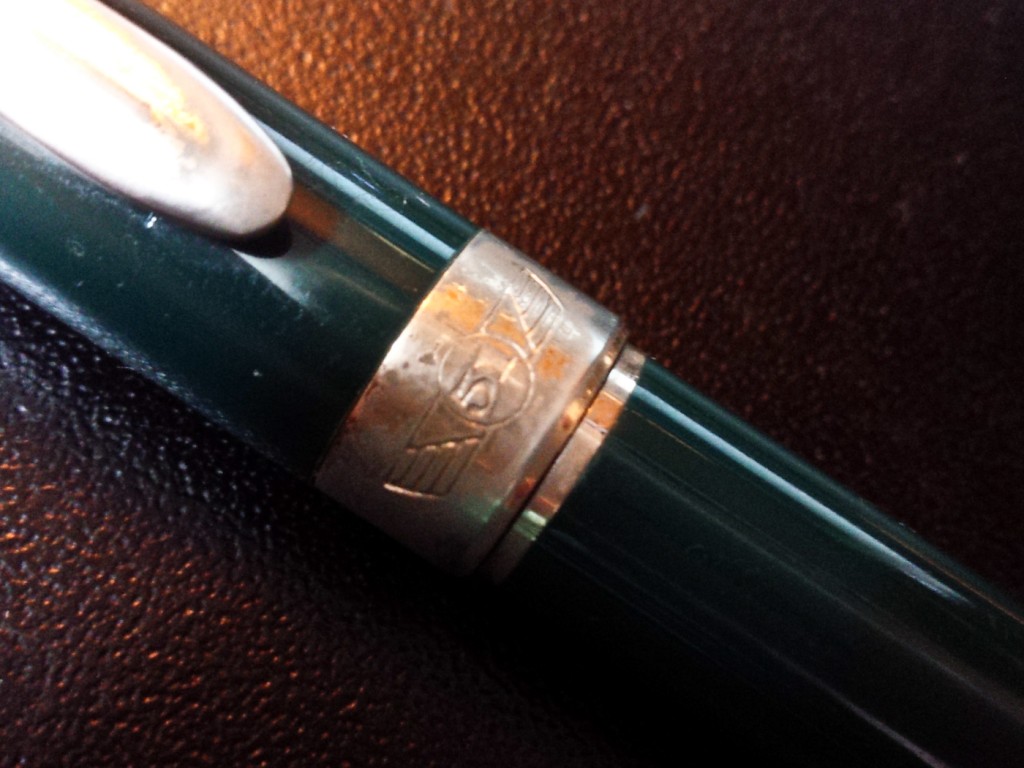Be careful what you wish for, because I just might say yes.
Although I’ve gotten a lot better at it, I’ve never been very good at reading signals people are sending and I’m not always fully aware of the conventions involved in certain situations. For example, in Kyoto, if you’ve been invited to a house for lunch toward the end of the lunch you will be offered tea. As you approach the end of your cup, you will be offered another. The savvy person refuses the second cup, engages in a brief faux argument and leaves. In Kyoto the tea is the signal the lunch is over and the host’s polite way of saying “Thanks, now get the f@#k out.”
I, on the other hand, at least when I was younger, would have taken the second cup after it was offered and then gone on blissfully unaware, once I finally left, that my host was spreading the story that I was rude and wouldn’t get the f@#k out. (So maybe THAT’S why I don’t get invited to parties. Too much tea.)
I say this because something similar to this happened when I was in Albania. A couple of our language teachers repeatedly said that the next time I was in Tirana I should contact them and they’d have me over to their place for coffee.
I was not aware, at the time, that this was the equivalent of “let’s do lunch” and “my people will call your people” and that I was not actually being invited over for coffee.
Of course, during one trip to Tirana, I called the people in question and said if the offer was still good I was in town. There was a brief moment of “Offer? What offer?” and I reminded them of the offer and was invited over for coffee and dinner. Well, sort of.
They had a small place they shared with extended family and I got the chance to say hello to several people and then got my coffee. I was offered a second cup and then time just kind of froze. I remembered that I’d imagined there’d been an offer to stay for dinner so we all ended up on the couch watching TV to wait for dinner.
After a while, even I could sense something was wrong, but nobody seemed to be dropping hints that it was time to leave. Of course, as it turned out, the hints had already been dropped.
I then entered a panic loop that amounted to something like “I feel tense and that makes them feel tense and I think I’m overstaying but if I’m not I don’t want to be rude but I feel tense and that makes them feel tense and I think I’m overstaying but if I’m not I don’t want to be rude but I feel tense and that makes them feel tense and I think I’m overstaying but if I’m not I don’t want to be rude but I feel tense“. Etcetera.
Solution: sit and do nothing until the situation changed.
After about an hour of the panic loop, it finally dawned on me that nobody seemed to be making dinner and I was the reason they weren’t. At long last, I thanked them for the coffee and letting me watch the TV show and apologized that I’d have to be leaving.
Instantly everyone got nervous smiles and escorted me to the door faster than I’d ever seen happen in Albania.
This last part was the hint I’d done something wrong. The Albanians usually made a big show of encouraging a person to stay even when it was clear they desperately wanted them to leave. The fact they were sending me on my merry way made it clear how desperately they wanted me to leave.
I apologized the next time I saw them and even apologized to some of their friends in the Peace Corps, because I was 99% certain the entire Peace Corps knew about what happened the very next day.
Since then I’ve gotten much better about reading those false invitations. That said, I probably always knew about those false invitations, but free coffee’s worth a social faux pas or two.


